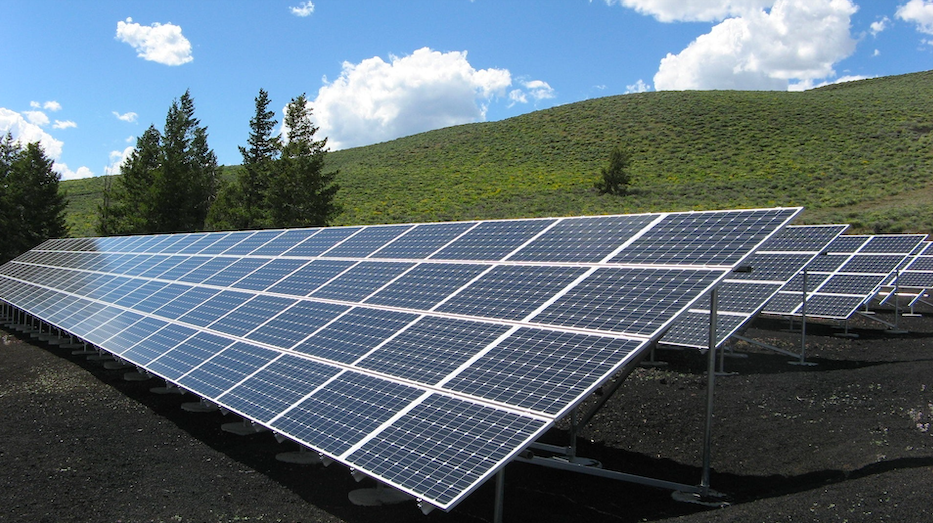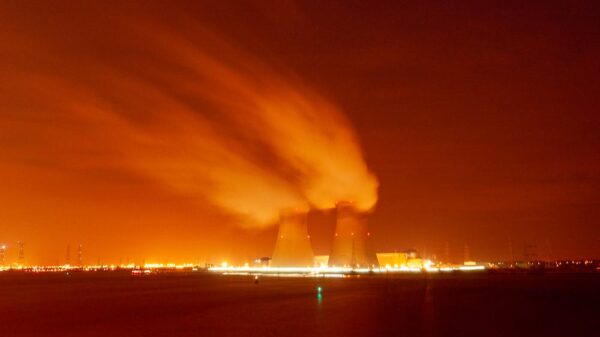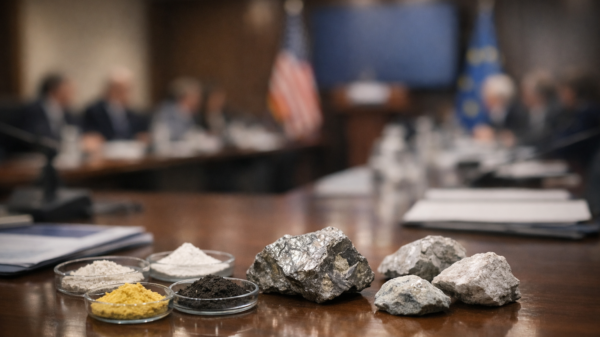The United States Department of Energy (U.S. DOE) is awarding US$126 million to 90 small businesses throughout the country that are currently engaged in various projects pertinent to the clean energy transition.
The funding announced by the department Friday will be allocated throughout 27 states and focused on key areas such as hydrogen and fuel cell technology, nuclear energy, solar power, cybersecurity for energy systems, vehicle technology, energy storage and other innovative energy systems.
The funds come from the department’s Small Business Innovation Research and Small Business Technology Transfer program. The DOE offices providing the grant funding include the National Nuclear Security Administration, the Office of Energy Efficiency and Renewable Energy and the Office of Fossil Energy and Carbon Management.
The investment is being put toward projects that are already underway and have demonstrated adequate feasibility for future development.
“Big ideas become realities in the labs, workshops, factories and plants of America’s small businesses. DOE’s small business grants help companies across the country to develop the technologies, products and infrastructure we will need for the transition to clean energy,” said Jennifer M. Granholm, U.S. Secretary of Energy.
Read more: Stellantis invests over US$100M in carbon-neutral California lithium project
Read more: Biden-Harris administration invests US$32 million in rare earths and critical minerals
The U.S. DOE also announced that it was investing an additional US$30 million in critical minerals infrastructure on Monday, building on a US$32 million investment in July. The department says it is intended to help lower the costs of onshore production of rare earths and other critical minerals and materials from domestic coal-based resources while reducing dependence on offshore suppliers like China.
The new funds will be provided through the country’s Bipartisan Infrastructure Law (BIL) implemented in 2021, which provided the country’s Environmental Protection Agency with over US$60 billion to be utilized in waste management and recycling systems, decarbonizing the country’s school bus fleet, pollution prevention and other initiatives.
The BIL allocated US$16 million toward a facility that separates rare earth elements and critical minerals from mining waste and other sources as well.
Earlier this month, the DOE also announced that it was investing US$34 million in a series of 19 hydrogen research and development projects across the country aimed at making the power source more affordable and available for generating electricity.
United States companies focused on sustainable/renewable energy include NextEra Energy, Inc. (NYSE: NEE), SunPower Corporation (NASDAQ: SPWR), Plug Power Inc. (NASDAQ: PLUG), Enphase Energy, Inc. (NASDAQ: ENPH) and Clearway Energy (NYSE: CWEN.A).
rowan@mugglehead.com














